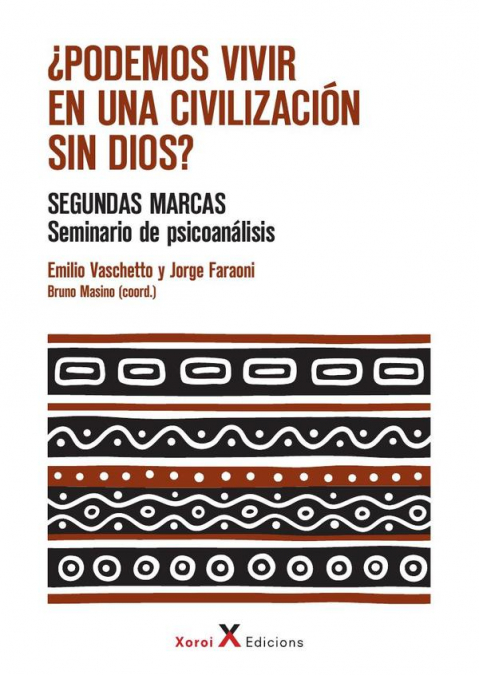
Emilio Vaschetto / Jorge Faraoni
¿Cómo pensar una civilización sin dios? Tal era la consigna que resonaba en nuestro argumento hasta que la peste llegó a la puerta de nuestros hogares. Todo se acomodó con velocidad y el furor por las pantallas también contagió al psicoanálisis. En aquel argumento hablábamos de la «consistencia provista por los dispositivos publicitarios» superando las posibilidades de lo simbólico, y así vimos amanecer un nuevo lenguaje. La crítica al monoideísmo –que destilaba nuestra formulación–, lejos de diluirse en la situación excepcional de la pandemia, se acentuó. La pan disipó; las posibilidades de lo singular y nuestra propuesta no sólo se tornó necesaria sino urgente.La marca opera en dos frentes: aislando una singularidad y haciendo legible el deseo del analista. La fórmula implica de entrada una circularidad inexpugnable: la marca más singular es patrimonio del sujeto y la presencia del analista aquello que hace posible su lectura. Pero, ¿dónde hallarla? ¿En qué caso puede aislarse? ¿A qué llamamos segundas marcas —en plural—?En tiempos de generalización del trauma, de uniformidad, de coronalengua, hoy más que nunca sigue reverberando una pregunta: ¿dónde reside la Marca más singular del sujeto? Quizás el lector pueda encontrar aquí algunas respuestas, por nuestra parte nos contentamos con haber dejado el trazo de las preguntas.Intervienen:Carolina Alcuaz, Cecilia Castelluccio, Gustavo Dessal, Jorge Faraoni, Ricardo Ezequiel Gandolfo, Gustavo González. Carlos Ibarra, Lisandro Isasa, Favio Lorenzin, Bruno Masino, Blanca Musachi, Silvia Ons, Esteban Pikiewicz , Gabriela Rodríguez, Pablo Russo, Adrián Scheinkestel, Ernesto Sinatra, Emilio Vaschetto. 10